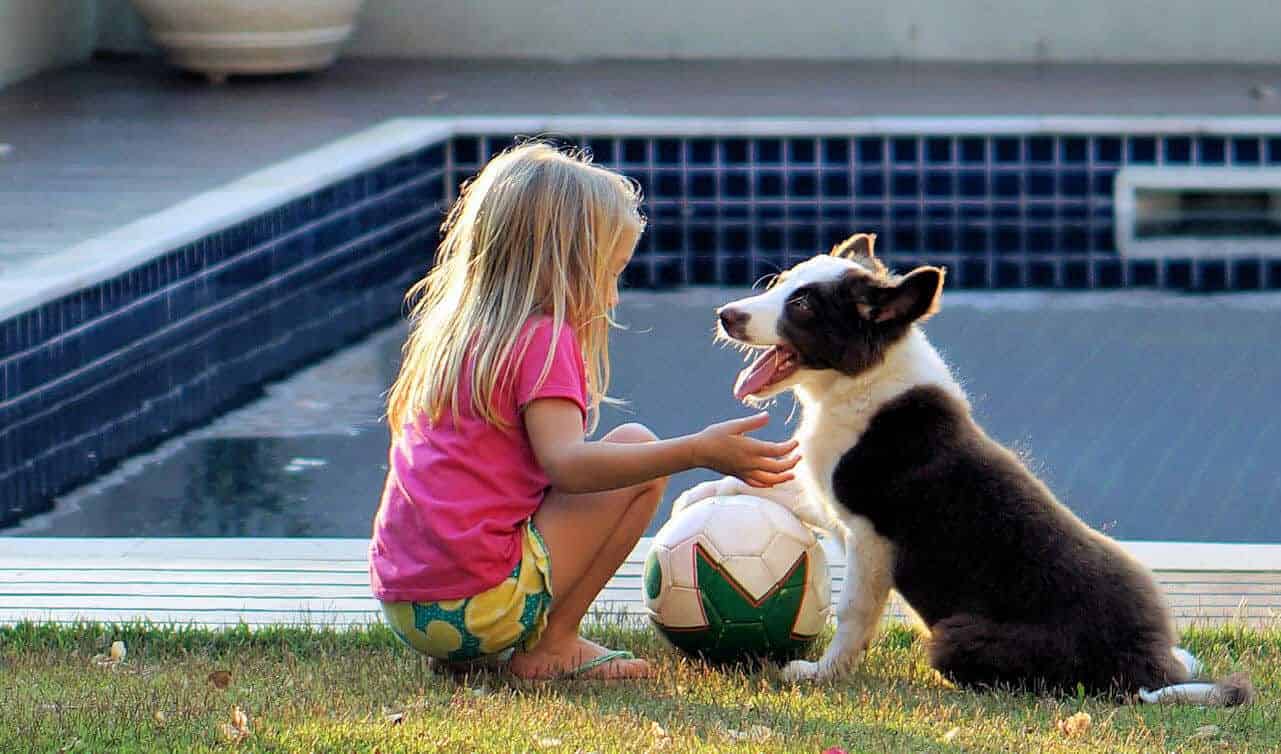Water Safety Tips Every Family Should Know
Swimming season is here! The bathing suits, beach towels, and flip flops are at the ready.
Your safety is important to us at Ultra Modern, and we want you and your family to be safe in and around the water – whether that’s in the pool, at the beach, in a hot tub, or at a water park.
It’s a good idea for a mid-summer refresher. So, take a look at these water safety tips every family should know.
Make sure your entire family is well-equipped with the knowledge of how to stay safe in water.
#1: Teach Kids to Swim
Your first goal is to make sure all of your children can swim. Start teaching them water safety and how to swim at an early age.
Did you know that even babies can learn to swim?
It is vital to remember that even though children can swim, they should never be left unsupervised in or around water. Always designate an adult to watch the water area.
#2: Kill Germs in Your Pool
According to the CDC, “disinfection (with chlorine or bromine) and pH are the first defense against germs that cause swimming-related illnesses.”
When you use chlorine or bromine at the recommended levels, they kill most germs in the water within minutes. Check the disinfectant (chlorine or bromine) level and pH at least twice per day (and more often when the pool is in heavy use) to make sure they are within the recommended levels:
- For chlorine and bromine, follow the manufacturer’s instructions for your product.
- The typical range is 1-4 ppm for chlorine and 3-8 ppm for bromine
- Maintain a pH level between 7.0 and 7.8. If the pH is too high or too low, the chlorine or bromine is less effective at killing germs. It can also cause skin and eye irritation in swimmers and damage pool equipment.
#3: Don’t Swim If Any of These Are Going On
Follow these important recommendations for who gets to swim in the pool:
- No one swims if they have diarrhea.
- Have swimmers shower about one minute before they get into the water. This keeps dirt, sweat, pee, and poo out of the water.
- Don’t swallow the water
- Don’t pee or poop in the water.
- Take young children to the bathroom often.
- Check swim diapers every hour and change them away from the water.
- Dry ears after swimming to prevent swimmer’s ear.
#4: Install Fencing
If you have a pool in your own home, you want to make sure that your pool is entirely enclosed with a fence that is at least five feet high.
It should have latching gates that can also be locked to keep out wayward neighbors. Your pool should be completely inaccessible directly from the house or the backyard to keep everyone safe.
Keep your pool toys away and out of sight so as not to attract neighborhood children.
#5: Always Watch
Don’t take your eyes off the children when you’re around a swimming pool, water park, lake or the beach.
You basically need eyes in the back of your head.
While it may be tempting to put your 12-year-old in charge of watching younger siblings, it’s a water safety no-no. Never put a child in charge of another child around water.
Have a cell phone nearby in case you need to call 911, but don’t spend time on it when you’re watching children.
#6: Designate a Water Watcher
We really can’t say this enough.
Pick an adult to watch the pool when you’re having a party or gathering around water.
Ensure that everyone knows who is responsible for monitoring the water.
This person should never leave the water area and should not be on a cellphone browsing the Internet.
#7: Watch for Hazards
Pool drains, pipes, and equipment are a hazard for small children. Make sure your children know to stay away from these, as they are drowning hazards.
#8: Life Jackets Required
If you’re on a boat, everyone should wear a life jacket. This includes children and adults.
Everyone should have their own life jacket that fits properly. Leave all infants on the shore.

#9: No Shallow-End Diving
The American Red Cross has very specific recommendations when it comes to diving:
- One person on the diving board at a time.
- No one should be under or around the diving board when someone is diving.
- No diving in the shallow end.
- Don’t dive unless you have nine feet of depth.
- Avoid diving where there are “No Diving” signs.
#10: Take a CPR Class
If you own a swimming pool or spend time at the lake, you should take a CPR class. In fact, your children can even take the class.
This is a great way to provide the necessary skills to keep everyone safe in the water.
To Conclude
Now that you know these water safety tips, it’s time to grab your bathing suits, towels, snacks, and sunglasses for the start of a terrific, and safe, summer swimming season!



